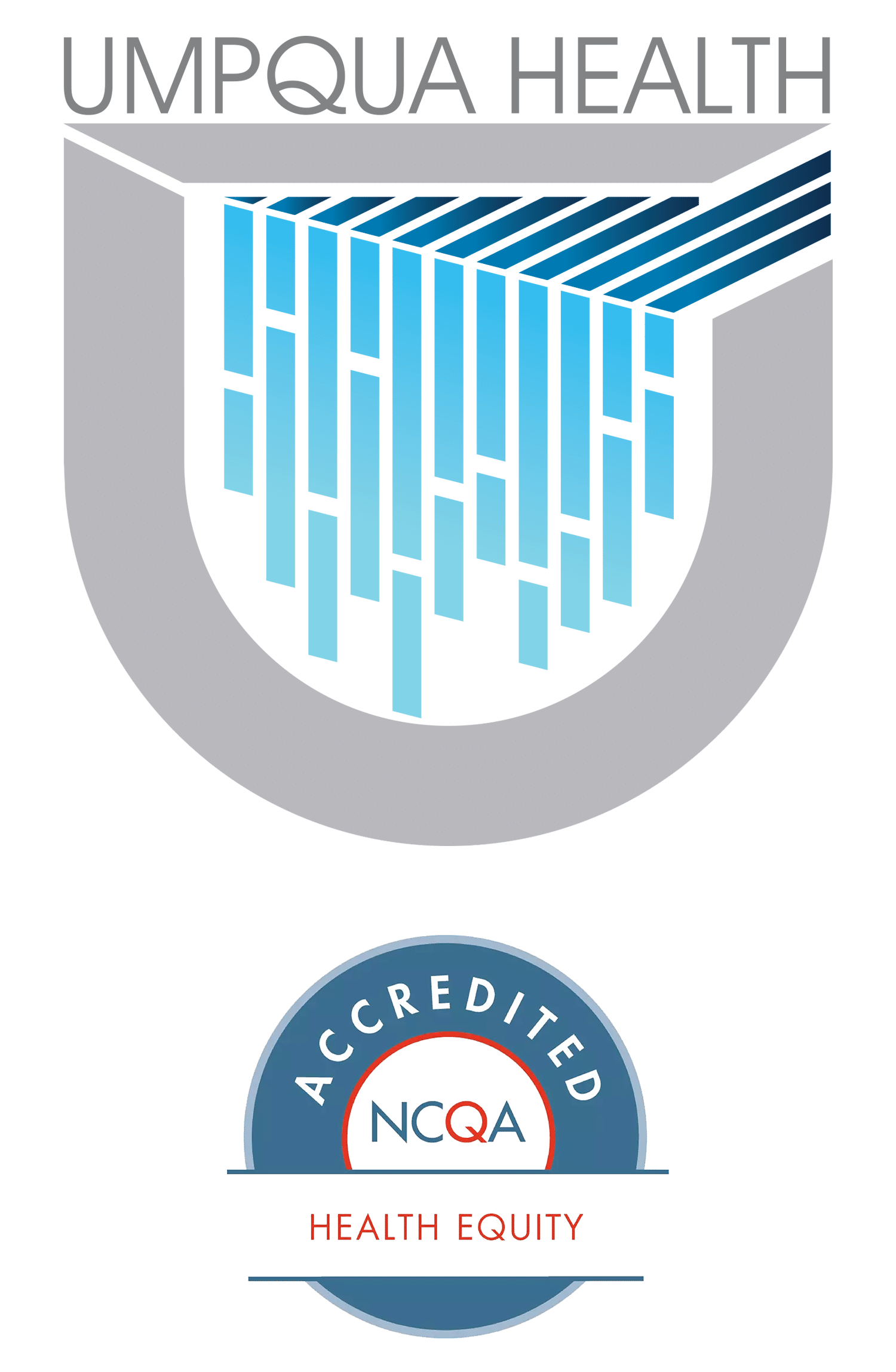Provider Newsletter November 2020
 Practice Tactics
Practice Tactics
Claim Processing Edit – 2021 Changes
UHA will be updating our claims adjudication system to be more compliant with the Oregon Health Plan’s Prioritized List. This change is scheduled for January 1st, 2021 and will require “Condition/Treatment Pairing” for services that are not diagnostic in nature.
The providers who will be impacted the most are those who bill for Substance Use Disorder and Behavioral Health services. Currently, UHA has been allowing an exception for these services by only requiring the diagnosis code to be above the funded line of the Prioritized List. In 2021, UHA will require that the diagnosis code be above the funded line and billed with a procedure code is a “line match” or a condition-treatment pair covered by the Prioritized List. A “line match” or condition-treatment paring is when both the diagnosis and the procedure codes are listed together above the funded line on the Prioritized List. If you have a question regarding this change, please reach out to the claims staff in UHA’s Customer Care department by calling 541-229-4842 or via email at UHAClaims@umpquahealth.com.
Interpreter Services and State Required Reporting
Umpqua Health Alliance Customer Care is responsible to ensure members who need language assistance have access to Health Care Interpreter (HCI) services. Customer Care will reach out to you, the provider to ensure that UHA members are receiving care in a linguistically appropriate manner and do not encounter any possible language barriers.
Interpreter services may be arranged by physical health, behavioral health, oral health, and home health providers. If you are a provider who is providing qualified or certified interpreter services, you may bill UHA directly for these services using HCPC code T1013. Please include the HCI registry number on your claim.
Title VI of the Civil Rights Act of 1964 and state regulations (OAR 410-141-3220 (9)) require Coordinated Care Organization’s (CCO’s) to provide free certified or qualified interpretation services to their members. This directly aligns with the goals of better health, better care, and lower costs. It also ensures patient safety for the UHA’s Limited English Proficiency (LEP) population.
The hope for the Language Access reporting is to remove those barriers and provide the needed interpretation which will provide better care to our members. Umpqua Health Alliance is required to report to the Oregon Health Authority that the members who are identified as needing language assistance did receive that service.
 Clinical Corner
Clinical Corner
Top Ten Mistakes in Requesting Prior Authorizations
Once a year, we share the top ten list of most common mistakes in requesting Prior Authorizations (PA). Last month we reviewed #10-6.
5. Incontinence supplies require an annual evaluation of the patient with documentation of the need (covered diagnosis) and frequency of change. Ordering the maximum monthly amount is a red flag that you haven’t done this.
4. Chiropractic services are restricted to conditions of the spine only; any other conditions may qualify for physical therapy.
3. Medicaid coverage for glucose test strips is fairly restrictive. UHA adopted more permissive Medicare guidelines to allow for alignment and only require PAs for amounts exceeding these guidelines (100/90 days for T2DM, 100/month for T1DM). For patients with T2DM, additional test strips are allowed only for those who utilize short-acting insulin or who experience documented episodes of hypoglycemia. Additionally, Continuous Glucose Monitors (CGM) are only covered for T1DM.
2. Referral to Dermatology for routine skin checks are not covered by OHP unless there is a personal history of skin cancer.
1. Home Sleep Testing (HST) is covered without PA for diagnosis of Obstructive Sleep Apnea (OSA). Polysomnogramy (PSG) in a facility sleep lab is indicated only for: significant cardiorespiratory disease, potential respiratory muscle weakness due to a neuromuscular condition, awake hypoventilation or suspicion of sleep related hypoventilation, chronic opioid medication use, history of stroke or severe insomnia. If the HST confirms OSA, then proceed with prescription for Positive Airway Pressure (PAP) treatment; no facility PSG is required for titration, as current PAP machines are auto-titrating (APAP).
 On the Lookout
On the Lookout
Douglas Public Health Network staff are working to address COVID-19 in Douglas County. Click http://douglaspublichealthnetwork.org/ for information on how to keep up with the latest local news related to coronavirus, and be sure to request their expanded daily report of COVID-19 related news to be sent to your inbox.
Due to the COVID-19 epidemic, it is even more important this year to ensure all of our patients receive Influenza Vaccine!
 CME for Thee
CME for Thee
Health Disparities- For All Health Care Professionals
2 Hours of Cultural Competence Continuing Education
Health disparities are an ongoing issue in the American healthcare system. These health disparities often occur because there are systematic barriers that make accessing health care more difficult for some groups. This program will look at the social determinants of health and some of the ways that culture can affect health beliefs. Also, this program introduces the concept of cultural competence as a process to improve patient interactions. The goal of this training is to expose the learner to these ideas and tools to prevent health disparities.
This course is approved by the Oregon Health Authority’s Office of Equity and Inclusion as an educational training all health care professionals
Registration: https://oregon-state-pharmacy-ce.catalog.instructure.com/browse/cultural-competence/courses/cultural-competence
Implementing REALD for Providers: Updates and FAQs 11/10, 1-2:30 p.m.
Contact: Susan Otter (Susan.Otter@dhsoha.state.or.us)
Request: Please share with CCOs.
Since October 1, 2020, hospitals, federally qualified health centers (FQHCs) and health systems have been required to report REALD data on COVID-19 encounters. Other providers will be phased in over time. Join the Oregon Health Authority (OHA) on November 10 from 1-2:30 p.m. to learn how to comply with the new provider requirements for reporting REAL-D information when sending COVID reportable data to OHA.
This session will cover nuts and bolts, including:
- An update to the 10/14 learning session (View the slides and watch the recording),
- Requirements and options for reporting,
- Updates on new REALD standards in effect 11/1/2020, updates to the temporary rules related to health systems, laboratories, and more, and
- Answers to the most frequently asked questions.
Have a question you’d like addressed? Please email: Susan.Otter@dhsoha.state.or.us
Register here: https://www.eventbrite.com/e/implementing-reald-for-providers-updates-and-faqs-tickets-127367352179
Link to OHA REALD webpage: https://www.oregon.gov/oha/OEI/Pages/REALD.aspx
No-cost, Online Tobacco Cessation Counseling Training for Providers – Free CMEs Available
Contact: Anona Gund (anona.e.gund@dhsoha.state.or.us)
Request: Please share with your CCOs.
- What: With cigarette smokers at higher risk for COVID-19, this short online course will improve your care team’s ability to help patients quit tobacco. The course focuses on Brief Tobacco Intervention and Motivational Interviewing techniques.
- Who: All members of the care team committed to supporting their patients to quit tobacco.
- When: The course is self-paced and takes approximately 45 minutes. The course can be started, paused and resumed later as needed.
- CMEs: This training has been reviewed and is accepted for up to 1.0 prescribed credit from the American Academy of Family Physicians (AAFP). For other licensing boards that may not pre-approve continuing education credits (for example, the Board of Licensed Professional Counselors and Therapists), please submit the certificate of participation to your accrediting body.
- Access the training: https://www.oregon.gov/oha/HPA/dsi-tc/Pages/tobacco-cessation.aspx
Quality Improvement Training + TA for Primary Care: Diabetes Control and Dental Care for Patients with Diabetes 11/12, noon-4 p.m.
Contact: Laura Ferrara at Ferraral@ohsu.edu or (971) 413-9585
Request: Please share information with your CCOs.
What: Half-day virtual training plus an additional five hours per clinic team for individually tailored improvement support targeting poor HbA1C and oral health evaluation. TA will be provided by the Oregon Rural Practice-based Network and is sponsored by the OHA Transformation Center.
Audience: RNs, lead MAs, clinic managers, quality improvement staff and others interested in quality improvement for type II diabetes patient management/ improving HBA1C poor control.
Register here: https://ohsu.ca1.qualtrics.com/jfe/form/SV_51QPh3AQbLSaxLv
Flier: https://www.oregon.gov/oha/HPA/dsi-tc/Documents/Diabetes-TA-Recruitment-Flier.pdf



